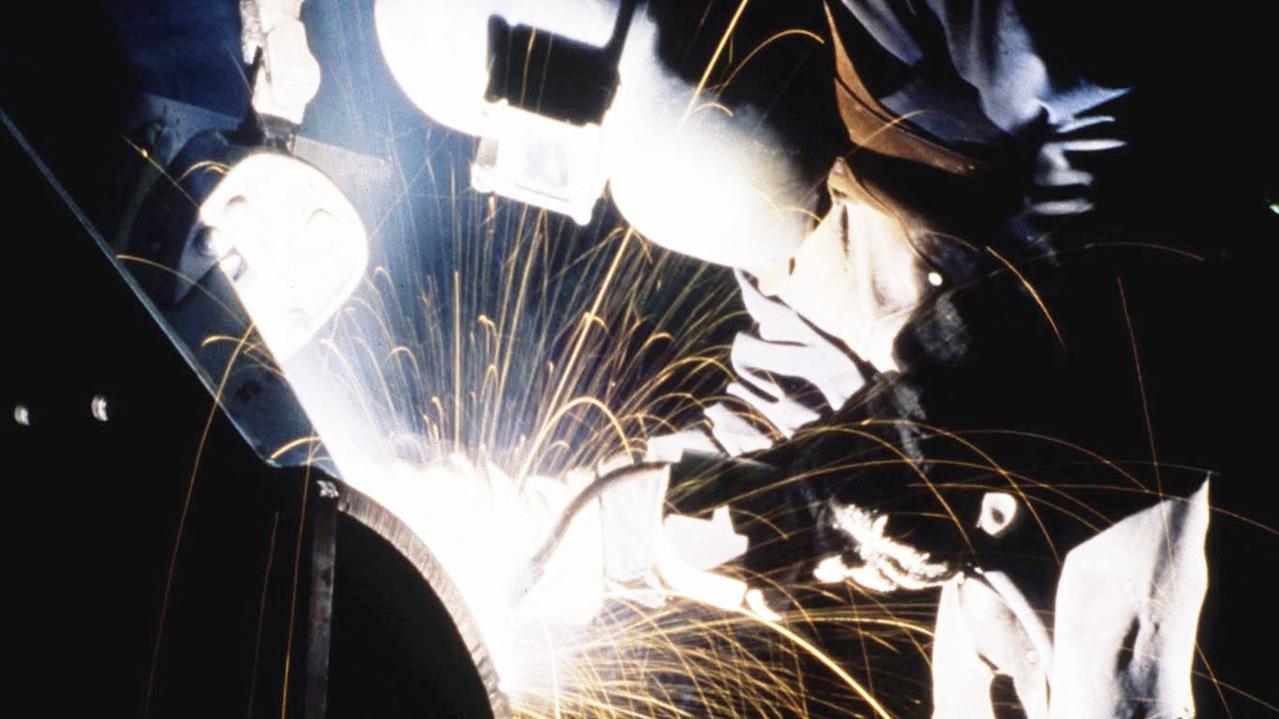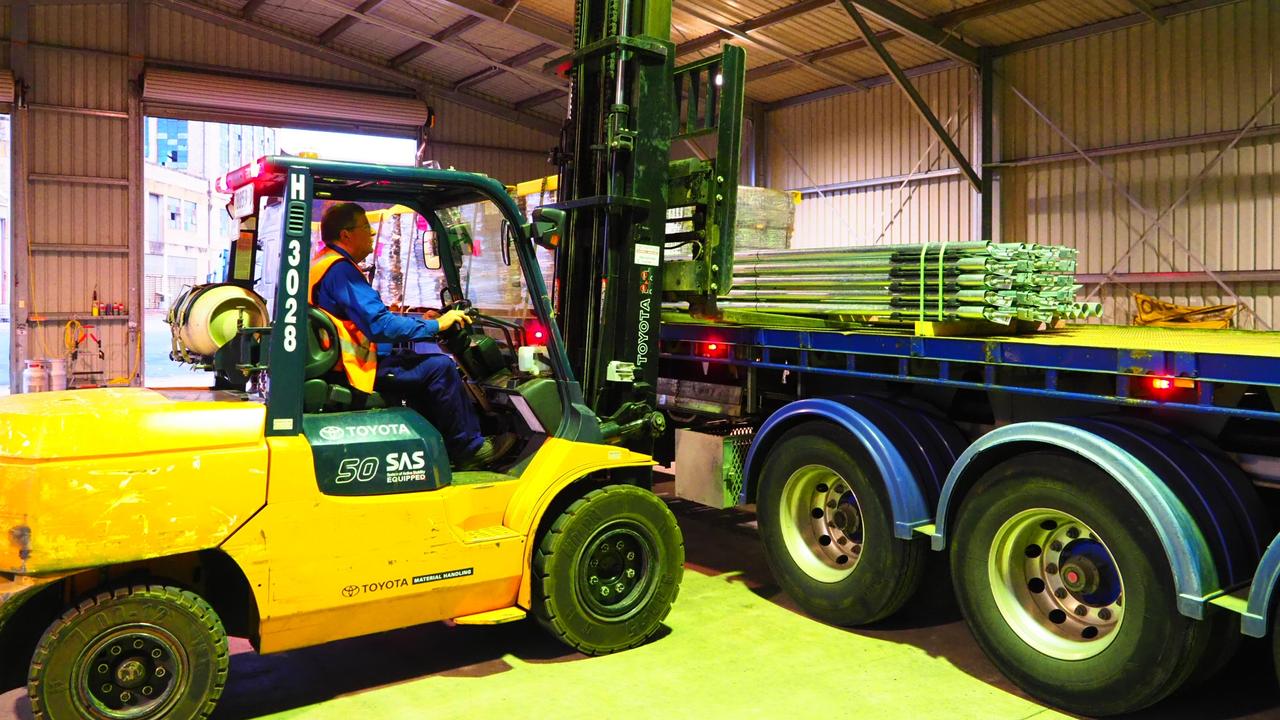Employers seek overseas applicants for tradie jobs in Adelaide
Desperate employers are looking to overseas workers to fill these positions because young Aussies don’t want to get their “hands dirty”
Younger generations not wanting “to get their hands dirty” combined with outsourcing of manufacturing offshore has left Adelaide industries struggling with a skills shortage, employment experts say.
This has led to a number trades struggling to fill jobs, as businesses look to overseas workers to fill vacant positions.
Business development consultant at recruitment firm agency Maxima, Rod McInnes, told The Advertiser he knew of a panel beating shop that had to advertise overseas for employees because not a single South Australian applied for a vacant position.
“Another company wanted forklift technicians … and they said they could have six or eight jobs in SA if I could give them the workers,” he told the publication.
“A lot of the younger guys and girls aren’t wanting to get their hands dirty because they’re going into hi-tech careers or sitting at a desk.”
Panel beaters earn a median annual income of nearly $56,000, according to the Australian Bureau of Statistics, while other jobs with a skills shortages in Adelaide fetch higher wages.
An electricians’ median income is $83,000.
Southern Cross Workforce director Mike Racher said a lot of companies couldn’t afford to compete with the higher pay on offer from defence contracts at the ship building yards as well as the spike in mining jobs in the regional corners of the state.
But he said the reality was the younger generations had turned away from hard labour industries in favour of desk jobs.
“They’re using technology and they like that, and the thought of getting their hands under the hood of a car or welding and really doing the hard yards with their hands doesn’t appeal to a lot of them these days,” Mr Racher told news.com.au.
“It’s more and more about being out in front of a computer screen and that’ll do them.”
Mr Racher said the uptick in manufacturing roles with defence and resources meant a lot of local companies couldn’t afford to pay what was now expected.
“It’s just not practical, normal standard businesses around town would go broke if they were to pay those sorts of wages,” he said.

He said the skills shortage was impacting a whole range of trades, including mechanics, forklift drivers, carpenters, panel beaters, engineers, electricians and plumbers.
“Since we’ve been able to send our work over to China to be made, those manufacturing and engineering shops have sent all the work over there,” Mr Racher said.
“It all comes down to money. Everything has to be made cheaper, and everyone needs to get the cheapest labour in that they can.”

Mr Racher said more government funding to cover the cost of apprentice wages would allow more South Australians to be hired in these positions and ease the burden of the shortage.
But state Minister for Innovation and Skills David Pisoni told The Advertiser the Government was working towards creating more skilled young people.
“With recent reports of South Australian businesses struggling to fill jobs, we’re very keen to promote the opportunities for young South Australians that an apprenticeship or traineeship can deliver,” Mr Pisoni said.
“The Marshall Government’s Skilling South Australia initiative to create 20,800 additional apprenticeships and traineeships over four years is geared towards addressing this situation where the jobs are there but skills gaps in the workforce need filling.”
Continue the conversation on Twitter @James_P_Hall or james.hall1@news.com.au




